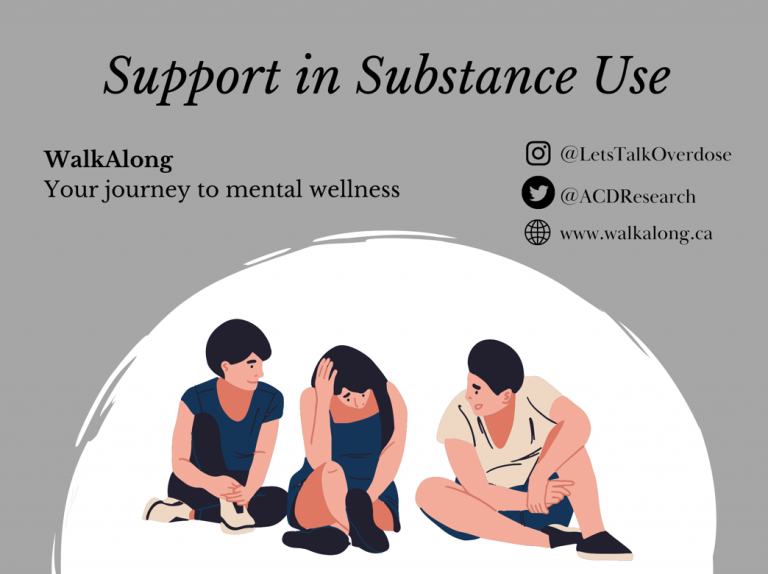Support in Substance Use
Addiction is a difficult problem to solve, affecting both the people with substance use disorder and their loved ones. Sometimes, you may find that a family member or a friend is struggling with substance use, and don’t know what to do. Here are six ways that you could help them, and yourself, through this problem.
Number 1: Education
It’s important to know what you’re dealing with before attempting to help and/or relate to the person with substance use disorder. Different drugs have different effects, as well as different ways to cope with withdrawal. Furthermore, having more information about addictions also means that you can understand the person with substance use disorder better, as well as have more resources to show them. In Canada, websites like https://www.ccsa.ca/ can help you better understand addiction, as well as have more educational and informational resources. Other than this, there are many websites that show you this information on the internet.
Number 2: Get Support
Sometimes, it’s important to know when you don’t have the ability to help anymore, and seek professionals. After all, as much as you love and care for them, if you are not trained in medical and/or addictions areas, it may be hard to understand and give them the treatment that they need.
Number 3: Encourage Treatment
People who struggle with substance use sometimes do not wish to be treated, or may shy away from seeking professional help for multiple reasons. Perhaps they don’t trust the health care system, or don’t think that anybody can help them. Perhaps they don’t think that there is anyone who cares enough to help them. In reality, there are multiple treatment options that can help treat their addiction. Along with getting educated, you can encourage them to seek these options, and motivate them to help change their lives.
Number 4: Love & Support
We know that there are some things that you cannot provide for an person with substance use disorder, such as professional help and treatment, but there are others that only you can supply. For example, love and support. Tell them that you care, that you will be there for them and help them through this time. Pay special attention to them, and remind them that you love them. These words can go a long way, especially when they are feeling vulnerable and lonely.
Number 5: Choose your Words Carefully
When talking with the person, make sure you don’t use words that could trigger them, and/or make them defensive. Focus more on positivity, building trust and understanding between you two. Furthermore, don’t be afraid to be honest and let them know the impacts of their addiction, both on your life and your relationship to them. However, don’t attempt to threaten them or give ultimatums: this may result in them lying to you in order to hide their substance use. Instead, be patient with their recovery, and don’t make them feel ashamed. Respect their decisions: at the end of the day, they have to be the one to make the decision to recover, not you.
Number 6: Take care of yourself
Finally, this step is perhaps the most important one: take care of yourself first. You cannot help others if your mental and physical health are declining. You can only help others if you are under control. If you find that the stress of helping another is causing issues, this may strain your relationship with them, and ultimately cause you to become bitter and resentful towards them. In order to combat this, make sure you have ample exercise, free time, social time, sleep, and your own support. If you take care of yourself first, you will find that, when help is needed, you will be more than ready to give it.
At the end of the day, we are all people. We all make mistakes, and we all need help sometimes. Although it might not be easy, your support may just help a friend or family member through this tough time, and allow them to recover from substance use. Remember to take care of yourself first, and stay positive towards them!
Here are some additional sites for information:
Government of Canada (Help with substance use): https://www.canada.ca/en/health-canada/services/substance-use/get-help-problematic-substance-use.html


